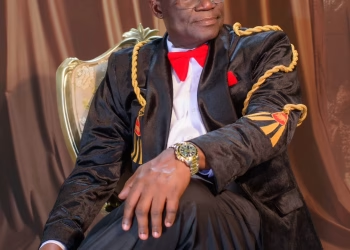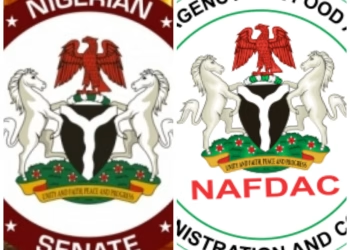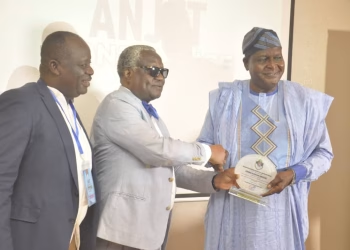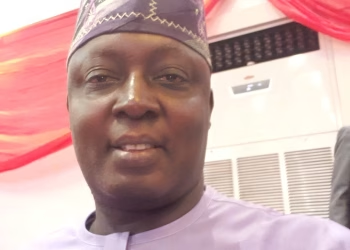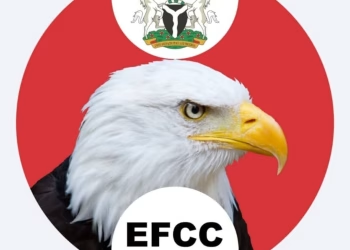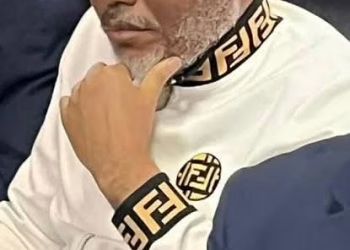The Human and Environmental Development Agenda (HEDA) Resource Centre has stepped up its efforts in anti corruption campaign through promotion of education in rural areas with support of the Rural Education Needs Assessment Project (RENAP) for the purpose of the designing policy papers on the state of education in Kwara State.
The project, in partnership with the Saving African Youths Dreams Initiative, also aims to assess the educational needs of rural communities and to facilitate its implementation in Kwara State.
In a recent update, Saving African Youths Dreams Initiative provided details on the utilization of the support granted by the organization (HEDA) for the RENAP initiative. The project has successfully onboarded field researchers and facilitators across five Local Government Areas in Kwara North.
These individuals have been equipped with survey checklists and teachers’ survey questionnaires to conduct comprehensive assessments of the local schools towards the purpose of designing a policy paper on the state of education in some selected communities of Kwara and engaging the government for effective implementations of findings.
To further promote the cause, branded journals, pens, and t-shirts emblazoned with the project’s mission were distributed by the project organisers. The initiative has gained momentum with the involvement of facilitators in the five local government areas of Kwara North, providing a solid foundation for successful project implementation.
The progress achieved in the Rural Education Needs Assessment Project can be attributed to the trust and investment of HEDA Resource Centre. The organization remains steadfast in its commitment to realizing the project’s goals and effecting positive, lasting change in the lives of the beneficiaries.
As the RENAP initiative continues to unfold, HEDA Resource Centre’s support shines a light on the importance of promoting education in rural communities to ensure citizens’ ownership of the campaign against corruption. With the endorsement of the Kwara State Government through the State’s Ministry of Education and Capital Development, the project seeks to identify and address the unique challenges faced by students and educators in the selected underserved areas, ultimately working towards bridging the educational gap and fostering a brighter future for all.



